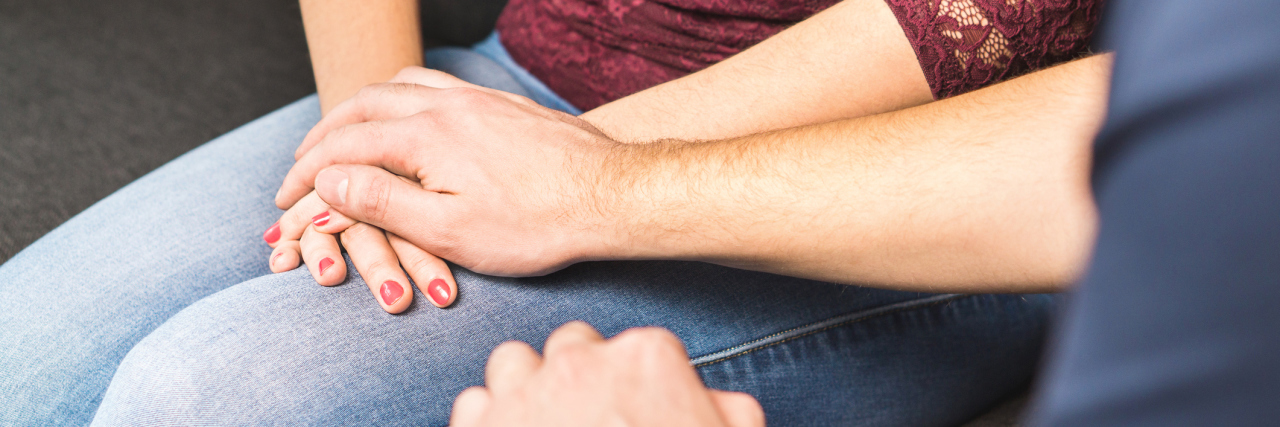When working with trauma survivors, a few things need to be clarified. Unfortunately, some of these should be a given, such as respect, but they are not always. When it comes to survivors (of all kinds of trauma) it takes more work than usual to build and establish trust. The 10 ground rules listed below are not the only ones; they are just the foundation of trust.
1. Respect.
In reference to survivors, respect means to treat with esteem, kindness and equality. We are not glass antiques. We are not a pet. We are not your guinea pig. We are human, just like you.
2. Say what you mean. Mean what you say.
This comes in for me when people say they will always be there for me. This has only been true for a select few people whom I’ve ever known. Many survivors have also felt this over and over, whether it’s our families or the others we worked with who were sold, killed or left behind when exiting the life. Moreover, those who decided to leave for no reason without an explanation. All this to say, refer back to respect; if you do not think or do not know if you can commit to something, don’t. If you say you’ll be there: be there. If you need a minute or seven: say it.
3. Be intentional.
We survivors know we are/can be a lot to handle. We know what we’ve been through is sad and angering and scary and a lot of other things. But we also need to talk about it. Being intentional means, if you ask a question, be ready for the raw, real and honest answer. Going back to #2, words mean things. Be thoughtful and compassionate with your words.
4. Show up and be present.
While we understand things in life come up and you needing to reschedule, it’s important to keep your word when you say you want to meet up. As with any relationship, the other important thing is to be present and engage. This is especially important because we (most of us) have not had people in our lives who really care and want to know us for a long while. If ever.
5. Listen, acknowledge and validate.
Listening is something we, unfortunately, have to ask for as survivors. Many of us have been burned this way by “advocates” all too many times. Please listen to us, actively. This goes back to #4 and #3 — show up, be present, be intentional. Acknowledgement, I feel, should be a given, but it is not. Acknowledgement is done in many ways — from showing up to asking questions, to having appropriate reactions to the things we say. The combination of these things is what creates validation. It doesn’t hurt to tell us that our feelings and thoughts are valid.
6. When a survivor confides in you, thank them.
A lot of us are very open about being a survivor, but keep details to ourselves for the most part. Those who know more than that are privileged; if we feel comfortable enough to share our pain, please thank us. This leads to the next factor.
7. Never use a survivor’s story without explicit permission.
Our pain, feelings and experiences are not yours to share. Period. If/when we give you permission to share something, it is for that specific thing only and for that one time. We have the right to know when, why, how and where our story will be shared. We have the right to place restrictions on or revoke your ability to share at any point, for any reason. Even if the reason is not forthcoming. Our stories are just that — ours.
Just because we share characteristics of some/many kind(s) as another survivor does not mean we deserve to be compared. We do not deserve to be expected or assumed to follow suit of others. Just because I grew up in a ritualistic cult gang does not mean I will have experienced the same thing or will heal the same way as another survivor who grew up in a ritualistic cult gang. Or anyone else for that matter.
9. Ask before giving advice or touching.
Not only is this polite, but it is also crucial for survivor relationships. We have had a lot of unsolicited advice over the years; it is a big thing most of us use to gauge a person’s safety level. The same goes for touch; we’ve had way more than our fair share of unwanted and/or unsolicited touching. If you want to build our trust, please, please ask.
10. Survivors are more than our trauma.
We are more than our abuse. Our stories don’t begin and end with the things that have happened to us. We are human. We exist outside of our circumstances. This is something that is a huge factor for probably most of us, if not all of us. We are told in the life that we will never be more than a “ho.” We are stripped of everything. Literally. We are lucky to be alive — to have escaped, if we have. If we are still in the life, all of these are that much more important.
Follow this journey on the author’s blog.
If you or a loved one is affected by sexual abuse or assault and need help, call the National Sexual Assault Telephone Hotline at 1-800-656-4673 to be connected with a trained staff member from a sexual assault service provider in your area.
Getty Images photo via Tero Vesalainen

